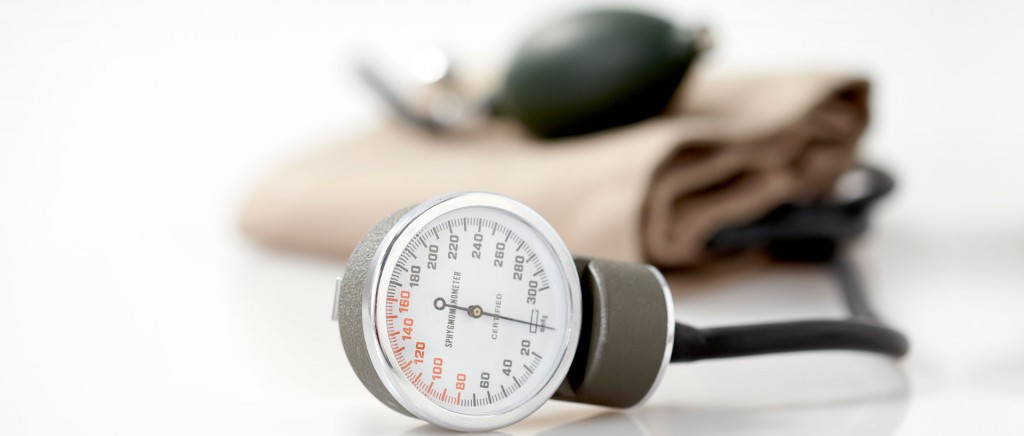Millennials, also known as Generation Y (or simply Gen Y), are the demographic cohort following Generation X and preceding Generation Z. Researchers and popular media use the early 1980s as starting birth years and the mid-1990s to early 2000s as ending birth years, with 1981 to 1996 being a widely-accepted defining range for the generation.
For the past several years, doctors and psychologists have deemed millennials as the most stressed generation. In fact, a recent poll seems to support this idea. If we define millennials as people currently between the ages of 25 and 40, it would make sense. Those years are often filled with major life transitions and other stressors; work, family, debt, health issues, and more (Wikipedia).

High blood pressure is not just an issue for older people. In 2015, research showed that about 5% of women and 10% of men between 18 and 39 years old had high blood pressure. It goes to show you that even though high blood pressure in millennials isn’t common, it isn’t rare either. A new study concludes that millennials were maybe even less healthy than Gen X, the generation before them. While it’s well-known in the health community that we’re seeing higher rates of depression in this generation, it’s surprising to see an increase in physical conditions, such as hypertension, especially since you don’t expect to see that kind of heart conditions in this age group.
What is high blood pressure? To understand why some young adults develop high blood pressure, it helps to know what high blood pressure is. Your blood pressure reading consists of two numbers. According to the American Heart Association, you have high blood pressure if the first number (your systolic blood pressure) is greater than 130 or if your second number (your diastolic blood pressure) is more than 80. What then causes high blood pressure amongst millennials? As mentioned earlier, plenty of factors can affect your blood pressure, and few of them are limited to older age groups. Let’s unpack how these factors might affect millennials.
- Absence of physical activities. Millennials currently are juggling between a lot of things and responsibilities, they barely have time for physical activity. Physical activity is actually a good way to regulate blood pressure.
- Stress. This is like a very common factor affecting almost everyone. From work to friends, family, relationships and other engagements, an individual is totally overwhelmed. Stress causes spikes in a hormone called cortisol. Cortisol puts your body into fight-or-flight mode, causing your blood pressure to rise. When cortisol levels are high for prolonged periods of time, it can cause your blood pressure to be consistently high. Once you start feeling stressed, do fun things like hanging out with friends, play games and all. Feeling depressed? Reach out to someone or a therapist so it doesn’t get out of hand.
- Illicit drugs and alcohol. People drink for a lot of reasons, sometimes, to suppress thoughts, to relax nerves or even for fun. Excessively drinking alcohol and using illicit drugs can cause several heart problems over time, including high blood pressure. Research also has proven that young adults are more likely to use illicit drugs than older ones. Obviously, this also proves that we can be the architect of our own problems. At this point, it’s best we drastically reduce completely stop our alcohol intake.
- Diet. Often overworked and tired, millennials result into poor eating and drinking habits. A lot of times, the busy lifestyle leaves a lot of millennials with no choice than to always go for processed foods. High intake of salt and fats can actually lead to a spike in the blood pressure. As much as possible, try to minimize sodium and caffeine intake since both can cause your blood pressure to increase.
In young adulthood, many people may find out that high blood pressure runs in their families. Other conditions that affect blood pressure, like heart disease and kidney disease, can be genetically passed through families too. In cases like this, it is advisable to always check your blood pressure regularly even if you are living a healthy lifestyle. It turns out that men have a higher risk of developing high blood pressure than women before age 50. This is mostly due to some of the problems we’ve already talked about being more common in men: obesity, work-related stress, little physical activity, and high-salt diets. It is advised to always check your blood pressure at least once a year except if told otherwise.
We live in a “gig generation” where everyone is trying to secure the bag and some sadly, have to juggle between two to three jobs daily just to make ends meet and pay bills. Here is my gold and silver; even as we all are trying our best to secure the bag and still be responsible, let us pay keen attention to our health this year and beyond. Stay alive and stay healthy.

